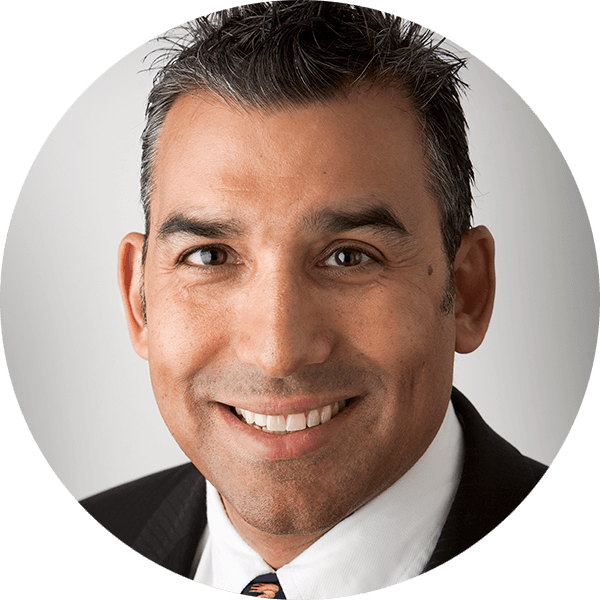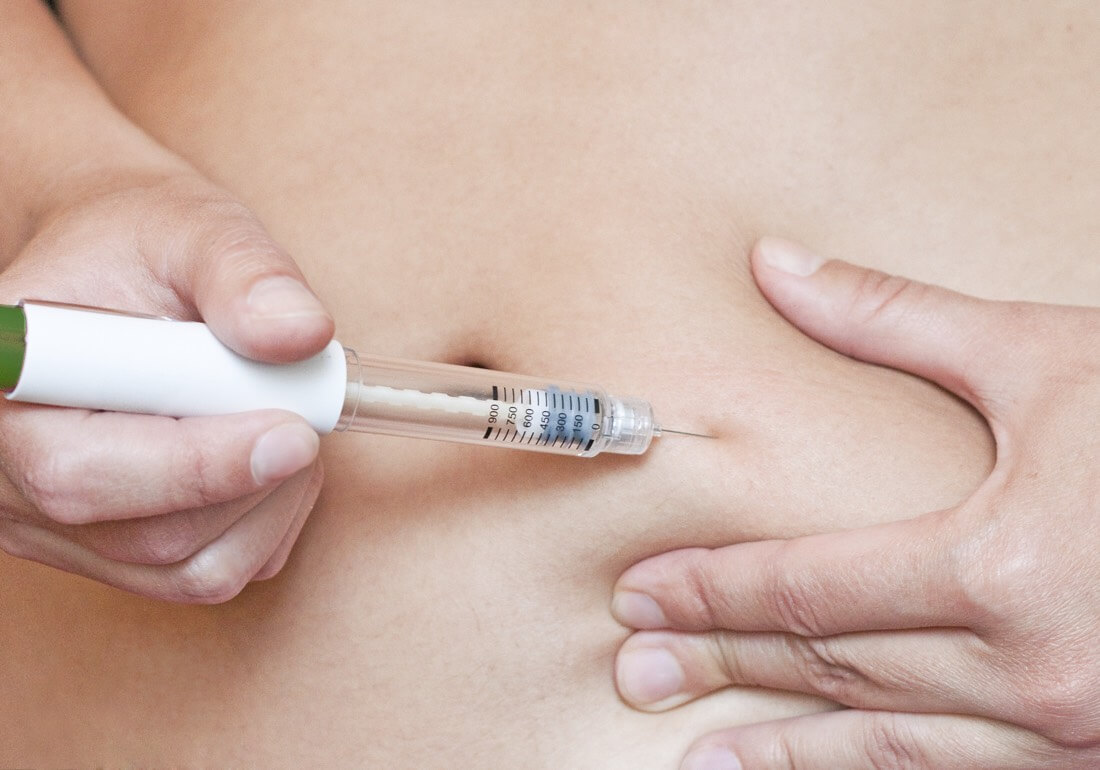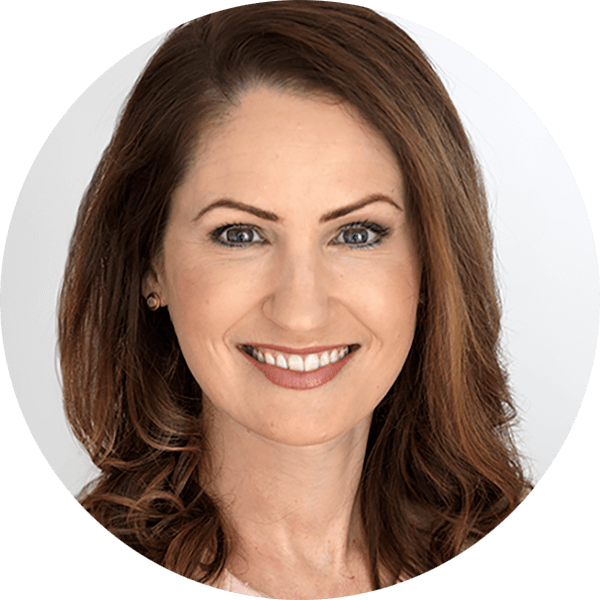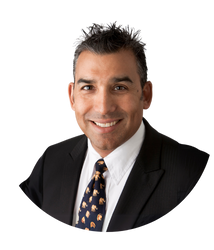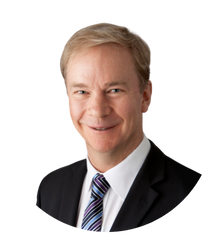Fertility drugs: types and effects
Fertility drugs (medications) are used within a monitored treatment cycle to improve your chance of pregnancy. Some medication will induce ovulation and can be used in an OI cycle or as part of IVF or IUI treatment.
What are fertility drugs?
Fertility drugs can help improve your fertility. If you have been trying to fall pregnant for a year with no success, your fertility doctor may prescribe certain medications to enhance your cycle.
Often, women cannot fall pregnant because of ovulation problems. We sometimes recommend hormone stimulating drugs for you to take as part of your fertility treatment.
How do I take fertility drugs?
You should only take fertility drugs when recommended by a specialist at a fertility clinic. Which fertility drugs are prescribed depends on the type of treatment you are having, and the reasons why.
You could be taking fertility drugs, such as follicle stimulating hormone (FSH), as part of an in vitro fertilisation (IVF) treatment cycle.
"We strongly emphasise an individual approach. We never recommend you take any medication that we don’t genuinely believe will benefit you. Your treatment is personalised and tailored to your needs."
Which fertility drugs are used with ovulation induction?
About one in four women with fertility issues have irregular or absent ovulation. For this reason, ovulation induction drugs are sometimes used to treat infertility.
Ovulation induction treatment drugs
There are different drugs that help with ovulation:PCOS drugs
For example Glucophage and Metformin. Women with PCOS may have decreased insulin resistance. If your insulin resistance is improved, your chances of ovulating are higher.
Ovulation induction tablets
For example Letrozole and, less often, Clomiphene Citrate. They make your pituitary gland release extra hormone (follicle-stimulating hormone or FSH). When this happens, the growth of an ovarian follicle with an egg, is stimulated as well.Ovulation induction injections
These injectable fertility drugs contain gonadotrophins, such as follicle stimulating hormone, which stimulate your ovaries. Some injections also contain LH, or luteinising hormone.Which fertility drugs are used with IVF?
In vitro fertilisation (IVF) treatment is an 8-step process. With IVF, an egg is fertilised outside the body in the laboratory to develop an embryo. Later, the embryo is transferred to the uterus.
IVF fertility drugs
We use different drugs depending on where in the IVF cycle you are.Ovulation suppression
To avoid your ovulation happening too early, you can take certain medication to help postpone ovulation until the eggs are ready for collection.Ovulation induction
You can take drugs that stimulate the production of eggs prior to egg collection.Trigger injection
These are injectable fertility drugs that help time your ovulation. Some trigger injections contain the hormone chorionic gonadotropin.Progesterone
Taking this hormone can support the lining of the uterus and increase the success rate of early pregnancy.Which fertility drugs are used with artificial insemination?
Intrauterine insemination or artificial insemination (AI or IUI) is when we insert sperm directly into the uterus when you ovulate.
IUI fertility drugs
The drugs used in IUI are similar to those used in IVF, minus the ovulation suppression:Ovulation induction
You can take drugs that stimulate the production of eggs.Trigger injection
These are injectable fertility drugs that help us time your ovulation. Trigger injections contain the hormone chorionic gonadotropin.Progesterone
Taking this hormone can help maintain the lining of the uterus and may improve your chance of pregnancy.How long do I have to take the fertility medication?
"We carefully plan your fertility treatment so it matches your needs and situation. We don’t use a standardised approach - instead, we make sure to assess you and your needs. This way we know that your treatment is the best possible fit."
What are the side effects of fertility drugs?
Most fertility drugs are hormones, and the side effects reflect this.
Mood
Common side effects of hormone treatment are mood swings, anxiety and depression.Physical effects
You may experience nausea, headaches, cramping and breast tenderness. You can also be sore at injection sites.Multiple pregnancy
When you produce more eggs, there is an increased risk of multiple pregnancy.Ovarian hyperstimulation syndrome (OHSS)
A potentially serious condition. Your risk of developing OHSS is increased if you have PCOS.
Key points:
Which types of fertility drugs you take depends on your treatment type
How long you take the medication depends on the type of drug.
Most fertility drugs are hormones, and the side effects reflect this.
Useful links
IVF
When it's difficult to fall pregnant, our Perth fertility specialists may be able to help. If you have been trying to fall pregnant for a long time without success, IVF might be the answer for you.
Ovulation induction
IUI
Ask our Perth fertility specialists if AI or IUI is the best treatment for problems resulting from sperm quality or poor ovulation. This treatment is also a popular fertility treatment for single women or same-sex couples.
